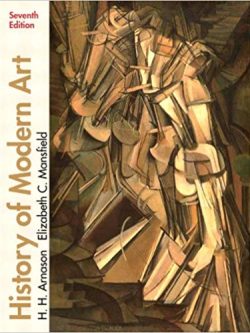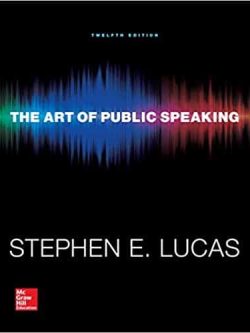Specifications
| book-author | Boethius ; Scott Goins ; Barbara H. Wyman ; Joseph Pearce |
|---|---|
| file-type | |
| isbn10 | 1681494760 |
| isbn13 | 9781681494760 |
| language | English |
| publisher | Ignatius Press |
Book Description
“The Consolation of Philosophy” by Boethius, translated and edited by Scott Goins, Barbara H. Wyman, and with an introduction by Joseph Pearce, is a classic work of philosophical literature that has had a profound impact on Western thought. Written by the Roman philosopher Boethius while he was imprisoned and facing execution, this text blends philosophy with poetry to explore themes of fortune, happiness, and the nature of good and evil. Here are some key aspects of this edition:
1. **Historical Significance:** “The Consolation of Philosophy” is one of the most influential works from late antiquity, written around 524 AD. Boethius was a philosopher and statesman, and his work reflects a deep engagement with both Classical philosophy and early Christian thought.
2. **Philosophical Dialogues:** The text is structured as a dialogue between Boethius and Lady Philosophy, who personifies wisdom and reason. Through their conversations, Boethius explores fundamental questions about human existence, the nature of happiness, the fickleness of fortune, and the justice of divine providence.
3. **Integration of Poetry and Prose:** One of the unique features of “The Consolation of Philosophy” is its integration of poetry and prose. The prose sections present philosophical arguments, while the poetry serves to illustrate and deepen the themes discussed. This blend of forms adds a lyrical and reflective dimension to the philosophical discourse.
4. **Themes of Fortune and Happiness:** A central theme of the book is the concept of fortune—how it influences human lives and how individuals should respond to its unpredictability. Boethius argues that true happiness comes not from external circumstances but from within, through the cultivation of virtue and wisdom.
5. **Influence on Medieval and Renaissance Thought:** The work has been highly influential throughout the Middle Ages and the Renaissance, shaping the philosophical and theological views of many thinkers. Its themes resonate in the works of later philosophers, poets, and theologians.
6. **Accessible Translation:** The translation by Scott Goins and Barbara H. Wyman aims to make Boethius's complex ideas accessible to modern readers while preserving the poetic beauty and philosophical rigor of the original text. Their edition provides a clear and faithful rendering of Boethius's language and ideas.
7. **Introduction by Joseph Pearce:** Joseph Pearce's introduction offers valuable context for understanding Boethius's life, the circumstances under which the text was written, and its lasting impact. Pearce situates the work within both its historical context and its broader philosophical significance.
8. **Commentary and Notes:** This edition includes commentary and notes that help readers engage more deeply with the text. These annotations explain difficult passages, provide background on references to Classical philosophy, and highlight connections to Christian theology.
9. **Reflection on Suffering and Providence:** Boethius's reflections on his own suffering and the role of divine providence are central to the work. His meditations offer comfort and insight to readers grappling with the challenges of life, making the text a timeless source of wisdom.
10. **Philosophical and Religious Synthesis:** Boethius masterfully synthesizes the philosophies of Plato, Aristotle, and the Stoics with Christian theology, offering a unique perspective on the harmony between reason and faith. This synthesis is one of the reasons the text has endured as a philosophical classic.
11. **Timeless Wisdom:** The enduring relevance of “The Consolation of Philosophy” lies in its exploration of universal human concerns—how to live a good life, how to deal with adversity, and how to find meaning in a world that can seem arbitrary and unjust.
12. **Influence on Literature and Culture:** The work has inspired countless writers and artists, from Dante Alighieri to Geoffrey Chaucer. Its themes continue to resonate in contemporary discussions of philosophy, ethics, and spirituality.
“The Consolation of Philosophy” by Boethius, in the edition translated by Scott Goins and Barbara H. Wyman, with an introduction by Joseph Pearce, is a must-read for anyone interested in philosophy, literature, or the history of ideas. This edition provides a thoughtful and accessible way to engage with one of the most important works of Western thought.










Reviews
There are no reviews yet.